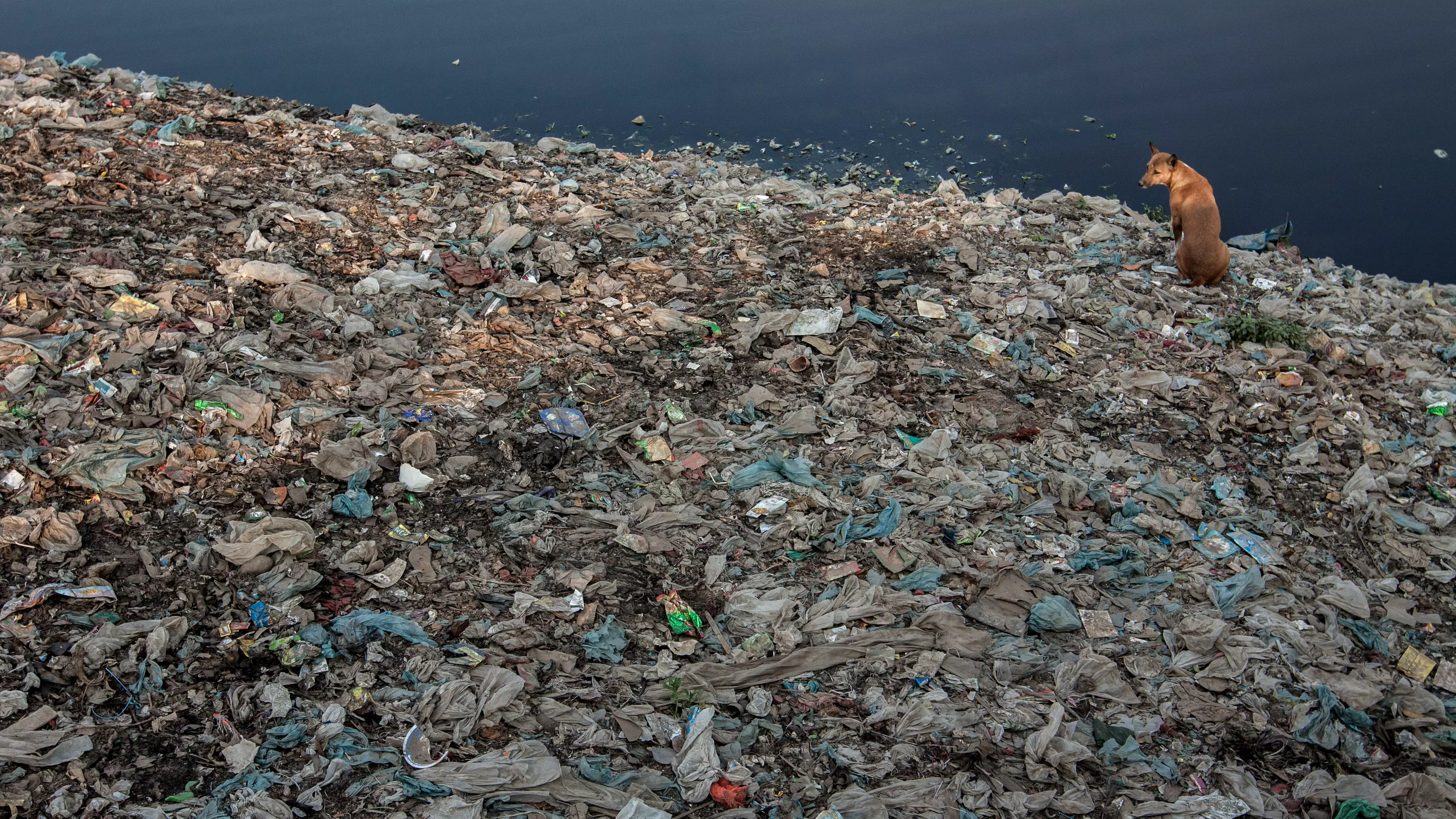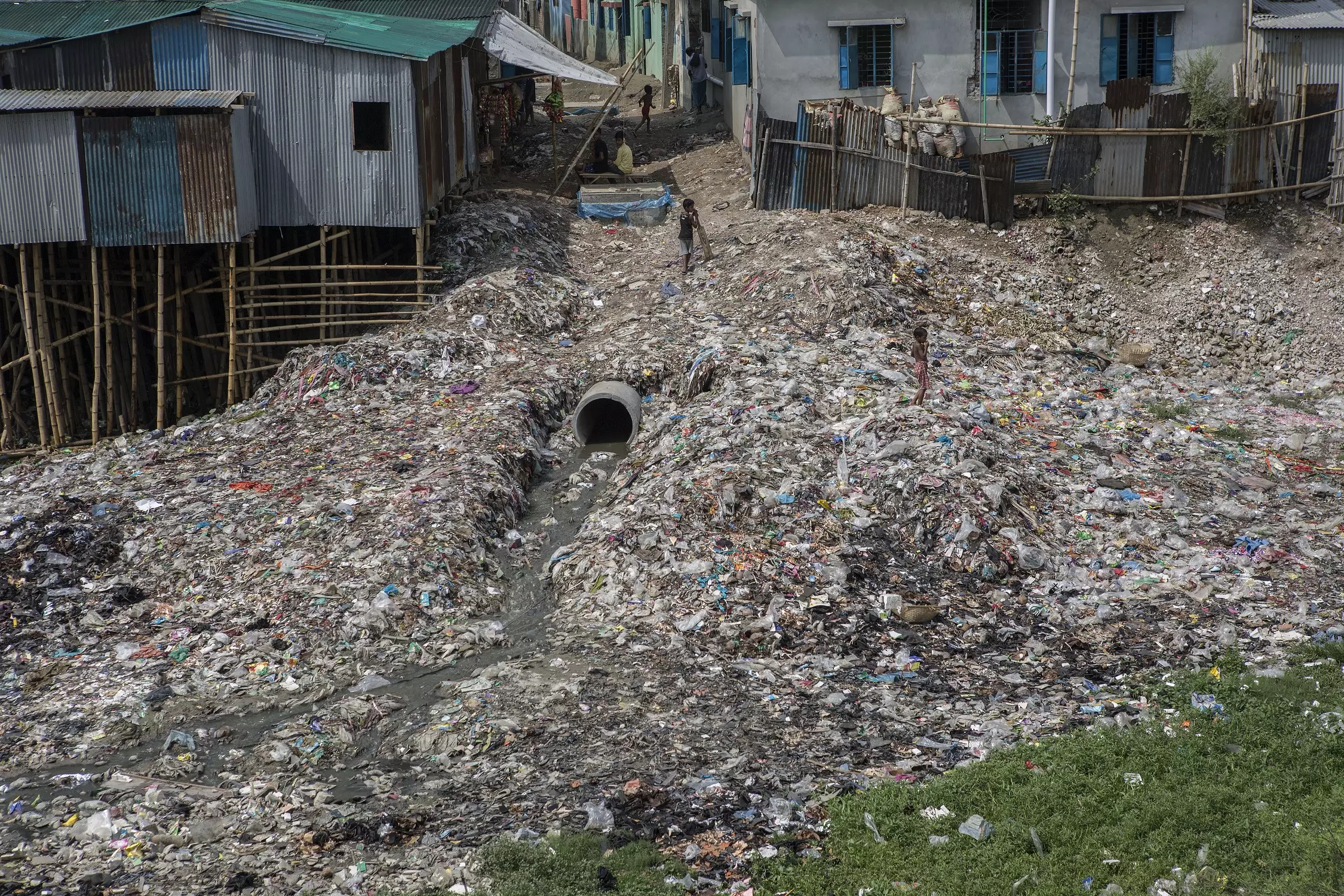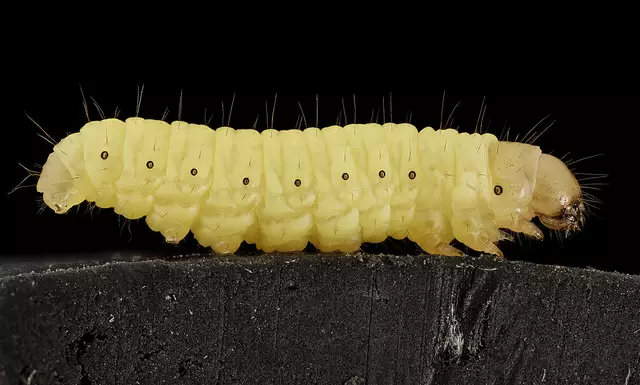
Growing levels of plastic waste have been cause for concern for some time, but scientists now believe they may have found a solution to the problem.
During a study in Islamabad, Pakistan, researchers who set out in the hope of finding a naturally occurring means of degrading waste plastic safely came across a fungus that feeds on it.
The study's lead author, Dr Sehroon Khan of the World Agroforestry Centre and Kunming Institute of Biology said: "We decided to take samples from a rubbish dump in Islamabad, Pakistan, to see if anything was feeding on the plastic in the same way that other organisms feed on dead plant or animal matter."

Credit: PA
Advert
The fungus, known as Aspergillus Tubingensis, was tested in its ability to degrade polyester polyurethane, reports the Independent.
The plastic, which is commonly used to manufacture a vast array of everyday items, was used to test the abilities of the fungus in three different ways; on an agar plate, in liquid, and after burial in soil.
The level of degradation on the agar plate was found to be the highest.
The study abstract said: "Notably, after two months in liquid medium, the PU film was totally degraded into smaller pieces."
Dr Khan said: "Our team's next goal is to determine the ideal conditions for fungal growth and plastic degradation, looking at factors such as pH levels, temperature and culture mediums."
"This could pave the way for using the fungus in waste treatment plants, or even in soils which are already contaminated by plastic waste."
Advert
However, this is not the only instance in which a living organism has been found to be capable of getting rid of waste plastic.
Earlier this year, it was discovered that the wax worm, so-called due to its natural food, bees wax, could break down plastic.
"This study is another milestone discovery for the research on biodegradation of plastics," Wei-Min Wu, an environmental engineer at Stanford University told National Geographic.

Credit: USGS Native Bee Inventory and Monitoring
Federica Bertocchini, a developmental biologist at the University of Cantabria in Spain, first noticed the possibility while cleaning out her backyard bee hives.
Bertocchini removed some of the worms living in the hive and placed them in an old plastic bag. When she checked the bag an hour later, she discovered small holes in the part of the bag with the larvae on it.
"Since they eat wax, they may have evolved a molecule to break it down, and that molecule might also work on plastic," Bertocchini said.
Scientists have long been searching for a way to safely dispose of plastics and now it looks like they may have found one.
Source: The Independent, National Geographic
Topics: Environment, Recycling